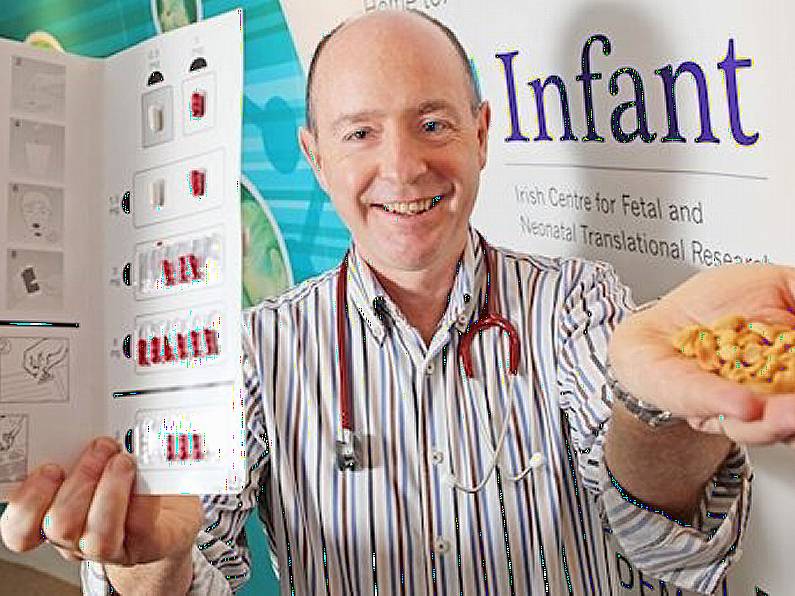A "peanut patch" applied to the skin improved tolerance of the popular snack in children allergic to the seed, with more than a third able to tolerate the equivalent of one to four peanuts after 12 months.
Paediatric allergist Dr Aideen Byrne described the outcome of the clinical trial as “another step in the treatment of peanut allergy where previously we had nothing at all”.
More than 350 peanut-allergic children aged 4-11 were recruited to the multicentre, international trial, with two Irish sites involved - Cork University Hospital and Our Lady’s Children’s Hospital, Crumlin.
The children had to apply a specially designed patch to their skin every day for a year. The patch either contained peanut or a placebo.
At the end of the year, 35.3% of the 238 children who were given the peanut patch had increased their tolerance level.
Dr Byrne, principal investigator at the National Clinical Research Centre (NCRC), said statistically, they would have hoped that more children had responded positively to the patch, “but the hope is more will respond over the next few years”.
“The bottom line is at one year of application, there was a significant number of children who could tolerate the equivalent of one to four peanuts,” she said.
The findings, published today in JAMA, the Journal of the American Medical Association, mark further progress in seeking successful treatments for peanut allergy.
Last November, an oral immunotherapy was hailed as a “gamechanger” following a successful clinical trial, in which children in Cork took part.
Jonathan Hourihane, principal investigator at the INFANT centre and professor of paediatrics and child health at University College Cork, said while the treatment, AR101, was “not a cure”, it was a means of controlling the allergy” and of offering people “real safety”.
Half of the children who took part in the trial could subsequently tolerate a single dose of approximately three to four peanuts, increasing their ability to cope with accidental exposure.
Dr Byrne said the benefit of the skin patch “is that it is safe and well tolerated”.
“It is anticipated that it will play an important role in the treatment of peanut allergy in the future. Further studies are being carried out that will give us more information on the benefits of the patch,” she said. The product is not licensed for use outside of a research setting.
Dr Byrne said peanut allergy is “the most common persistent food allergy” and has a huge impact on the lives of affected children and their families.
“Treatment options are needed,” she said.
An estimated 20,000 people in Ireland have a peanut allergy.
Accidentally ingesting a peanut can, in some cases, cause severe anaphylactic shock and even death. Of particular concern are foodstuffs where peanut content may not be obvious, such as satay sauces and confectionary, Dr Byrne said.
The research in Ireland was funded by Children’s Medical and Research Foundation (CMRF) Crumlin.






